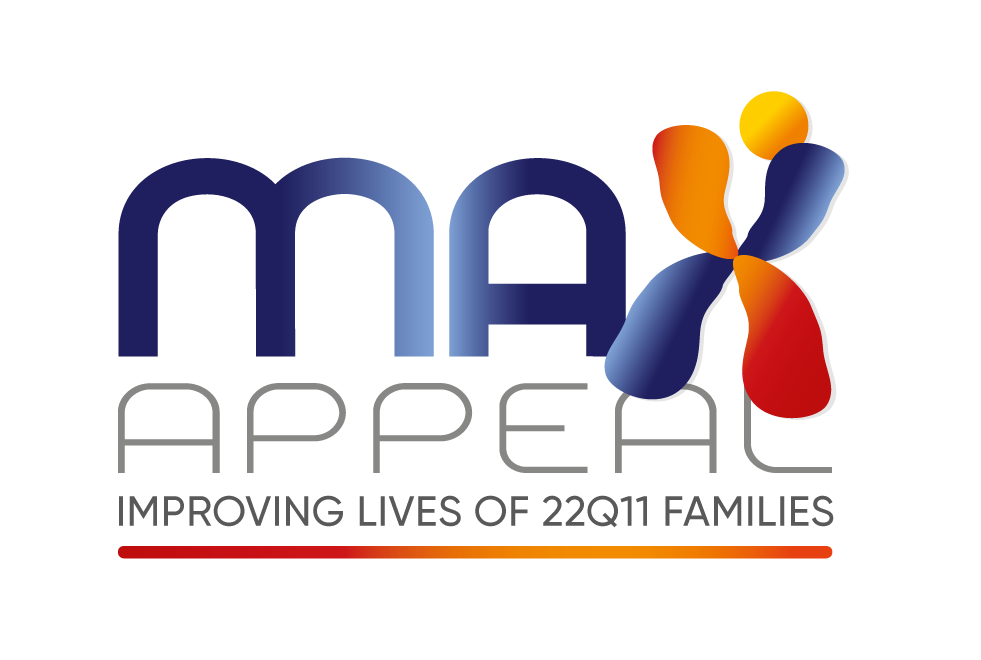22q11: ‘Nobody else would do the work needed for our families and I had to find my tribe’
“As a mother,” said Lawlor, “22qDS means a very different maternal journey”
“If only they’d given Kielan the early intervention when it was needed, we probably wouldn’t have been in this situation,” says Karin Kenny. “My oldest son never gets a look-in because our lives revolve around looking after Kielan. Early intervention is key.”
Born in 2005, Kielan was diagnosed – aged 7 and a half – with 22q11.2 Deletion Syndrome (22qDS), the commonest rare chromosomal disorder after Down Syndrome.
The fifth European Conference on 22qDS recently convened in Dublin to hear the lived-experience voices of those such as Kielan and Karin; extend awareness of 22qDS; and bring families, researchers and clinicians together. With a prevalence of between one in 2,000 and one in 4,000 live births, 22qDS encompasses diverse complex medical, developmental and mental health problems. Included among over 180 documented outcomes are those related to the heart; learning and behaviour; speech and hearing; and mouth and feeding.
Anne Lawlor, chair of the 22q11 Ireland Support Group (22q11ireland.org) emphasises that “while rare diseases are individually rare, they’re collectively common, with over 10,000 rare diseases affecting one in 17”. Genetic screening at birth is vital, observes Lawlor: “No newborn screening means that unless babies are born with obvious heart defects or serious immune issues, they’re likely to go undiagnosed.”
The Irish times
